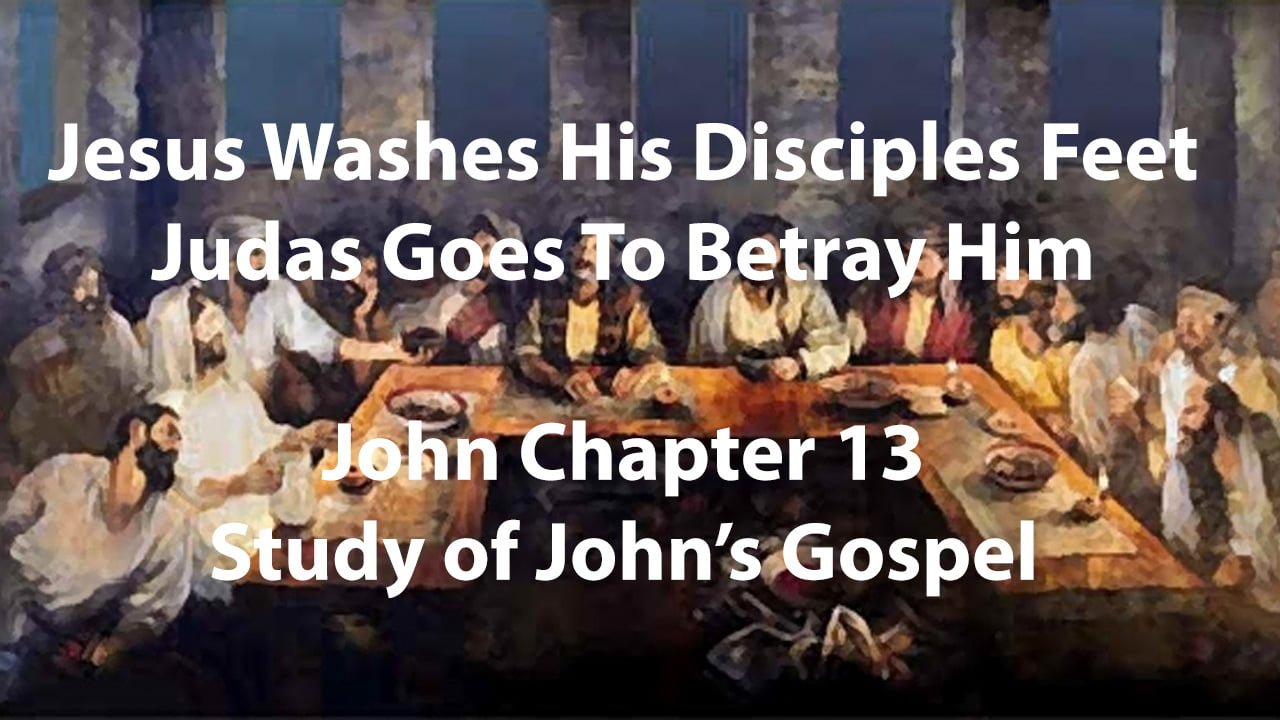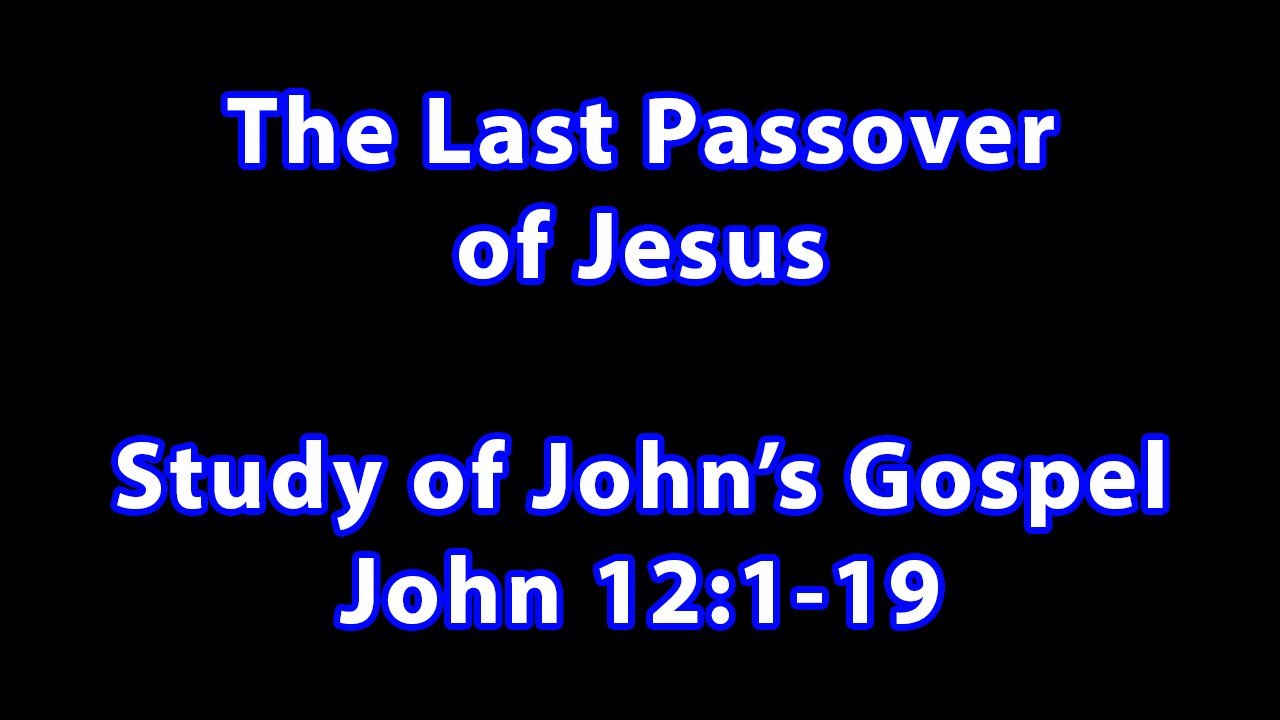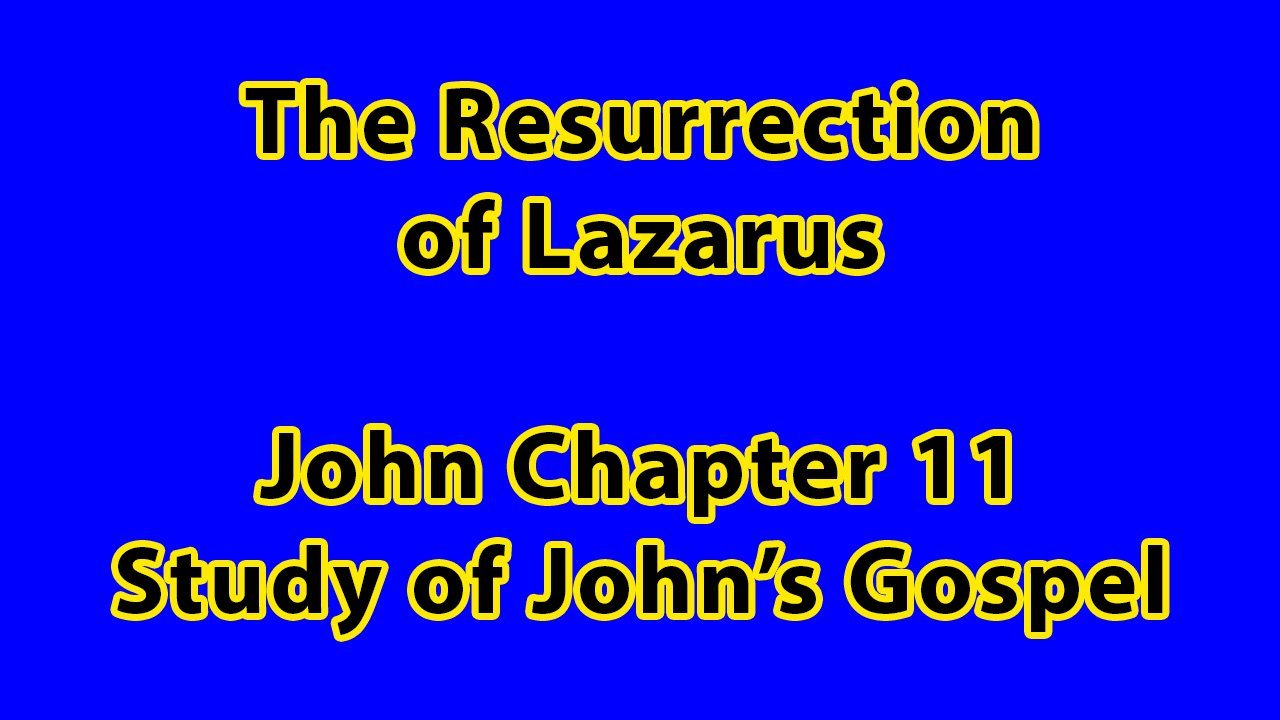
Jesus Comforts His Disciples – John Chapter 14
Jesus comforts His disciples as He speaks of His upcoming departure. He promises to prepare dwellings for them, send the Holy Spirit and promises His abiding presence.

Jesus comforts His disciples as He speaks of His upcoming departure. He promises to prepare dwellings for them, send the Holy Spirit and promises His abiding presence.

Jesus shares a final Passover with His disciples, where He reveals Judas as the one who betrays Him.

The Greeks (Gentiles) want to see Jesus, sparking an astonishing message of Jesus about His upcoming death.

Jesus enters Jerusalem for His final Passover.

Jesus performs one of His greatest signs (miracles) – the resurrection of Lazarus as proof that He is indeed God.